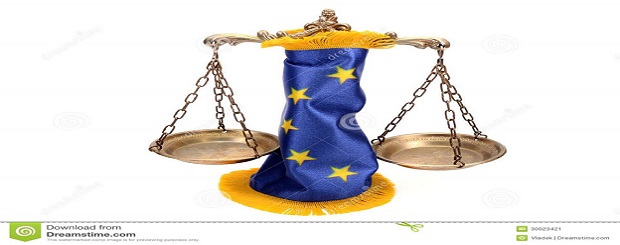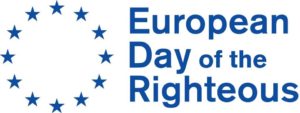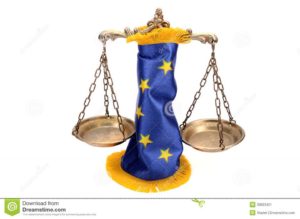
ՆԱԶԱՐԷԹ ՊԷՐՊԷՐԵԱՆ – ՓՈԽԱՆ ՅՈՒՇԱՏԵՏՐԻ – Մարտ 6ին կը նշուի “Արդարամտութեան Եւրոպական Օր”ը Բարի լոյս” փոստով կայ անդրադարձ Օրուան Խորհուրդին
ՆԱԶԱՐԷԹ ՊԷՐՊԷՐԵԱՆ – ՅՈՒՇԱՏԵՏՐ – ՆԱԽՈՐԴԸ

Փոխան Յուշատետրի
Մարտ 6ին կը նշուի “Արդարամտութեան Եւրոպական Օր”ը
“Բարի լոյս” փոստով կայ անդրադարձ Օրուան Խորհուրդին։
Ստորեւ՝ Եւրոպական Միութեան կողմէ ինչպէ՞ս հաստատուեցաւ Օրը․
EUROPEAN DAY OF THE RIGHTEOUS
From Wikipedia, the free encyclopedia
The European Day of the Righteous is a celebration established in 2012 by the European Parliament to commemorate those who have stood up against crimes against humanity and totalitarism with their own moral responsibility. By this celebration the concept of Righteous as worked out by Yad Vashem is broadened to all genocide cases and forms of totalitarianism thanks to the commitment of Moshe Bejski.
The European day of the Righteous is celebrated every year on 6 March, the anniversary of Moshe Bejski’s death.
The call for the European Union and the Council of Europe to set up a European day in the memory of the Righteous came from a hundred prominent Italian and European personalities of the world of culture under the aegis of non-profit association Gariwo, the forest of the Righteous. It soon received the support of important institutions such as the Presidency of the Republic of Poland, the Václav Havel foundation, the association Libera founded by father Luigi Ciotti and many other influent entities from all over Europe. The most famous signatories include Umberto Eco, Dario Fo, Daniel Goldhagen and many others.
Written Declaration n. 3/2012 was presented on 16 January 2012 by Hons. Gabriele Albertini, Lena Kolarska-Bobinska, Niccolò Rinaldi, David-Maria Sassoli and defines the aims of the European day of the Righteous in the following way:
The European Parliament ,
– having regard to Rule 123 of its Rules of Procedure,
A. recalling the great moral significance of the Garden of the Righteous in Jerusalem, initiated by the late Moshe Bejski, paying tribute to those who helped the Jews during the Holocaust;
B. recalling the institutions that have honoured people who saved lives during all genocides and mass murders (such as the Armenian, Bosnian, Cambodian and Rwandan ones) and the other crimes against humanity perpetrated in the 20th and 21st centuries;
C. recalling all those who preserved human dignity during Nazism and Communist totalitarianism;
D. whereas the remembrance of good is essential to the process of European integration because it teaches younger generations that everyone can always choose to help other human beings and defend human dignity, and that public institutions have a duty to highlight the example set by people who managed to protect those persecuted out of hate;
1. Supports the call made by leading citizens to establish a European Day of Remembrance for the Righteous to commemorate, on 6 March, those who challenged crimes against humanity and totalitarianism with individual responsibility;
2. Instructs its President to forward this declaration, together with the names of the signatories , to the High Representative of the Union for Foreign Affairs and Security Policy, the Commission, the Council and the parliaments of the Member States.
The European day of the Righteous was approved by the European Parliament on 10 May 2012 with 388 signatures.

www.facebook.com/nazaretberberian/posts/2923003551123933
